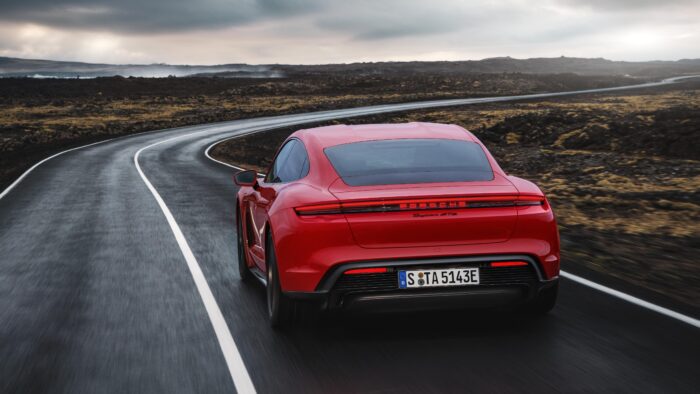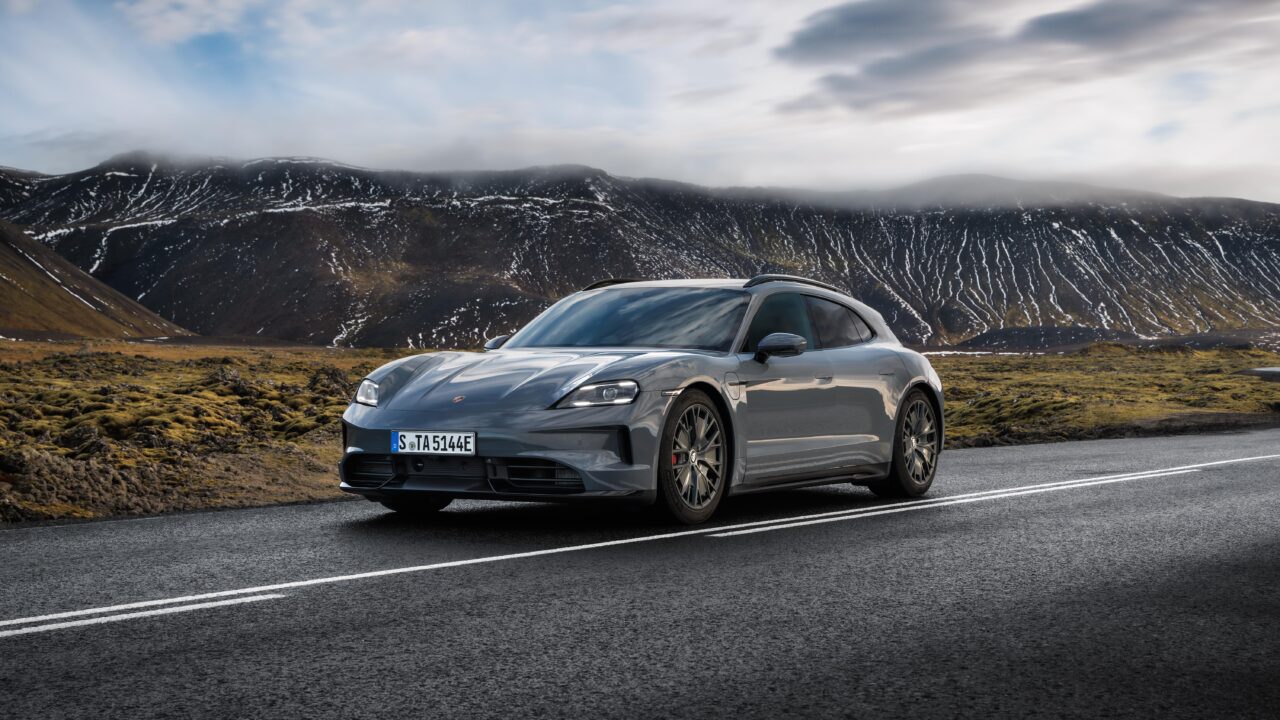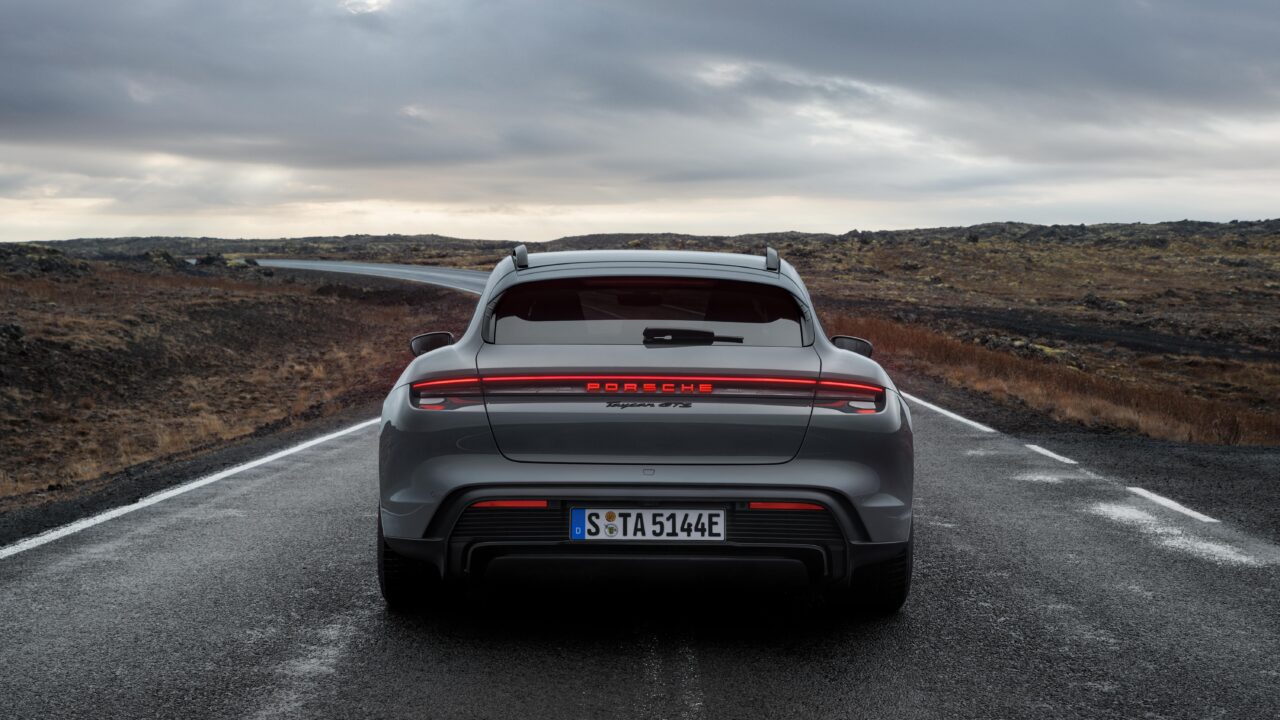Porsche Taycan Reclaims the Top Spot in Long-Distance Performance – Insights from the P3 Charging Index 2024 on EV Evolution
公開日:2024.12.24

コンテンツ
What is the P3 Charging Index?
The P3 Charging Index is a metric that evaluates electric vehicles’ suitability for long-distance driving.
It is calculated by P3, a consulting firm specializing in electric vehicles, primarily using two factors: energy consumption and charging characteristics. This index was established based on the understanding that not only battery capacity but also actual power consumption and charging speed are crucial for long-distance travel.
In this index, charging for 20 minutes to achieve a driving range of 300 km is defined as 1.0. If a vehicle can charge for a longer driving distance, the value exceeds 1.0. In the third edition in 2022, the Korean Kia EV6 recorded 1.03 for the first time, taking the top spot.
Overview of the 2024 Results
The 2024 results have been announced, and Porsche Taycan claimed first place.
Taycan also took first place in the inaugural 2019 ranking, marking a triumphant return after five years. It demonstrated an astonishing capability to secure a driving range of 383 km with just 20 minutes of charging.
This year’s index categorizes vehicles into two classes:
1. Mid-range class: under €62,500
2. Luxury class: €62,500 and above
Taycan topped the luxury class, while Hyundai Ioniq 6 took first place in the mid-range class.
Luxury Class Result Analysis
In the luxury class, Taycan showed overwhelming performance.
Looking at the charging curve, it can maintain a high output of over 300 kW up to more than 60% state of charge. This means it sustains a very high power input compared to other models.
Taycan’s average charging power is 282 kW, far ahead of the second-place Xpeng G9’s 233 kW. Furthermore, Taycan’s energy consumption is 19.7 kWh/100 km, the third lowest in the luxury class. This combination of excellent charging performance and low consumption seems to have contributed to its dominant long-distance capability.
Looking at the charging index value, Taycan set a new record with 1.28.

Second-place Nio ET5 Touring and Kia EV9 scored 0.98, followed by third-place Xpeng G9 at 0.96. Interestingly, Nio and Kia maintain consistently high charging performance despite using 400V systems. Notably, the Nio ET5 Touring recorded the highest charging index ever for a 400V model.
Mid-Range Class Result Analysis
In the mid-range class, Hyundai Ioniq 6 took first place. The Ioniq 6 balances low energy consumption with excellent charging performance. Its EcoTest consumption is 15.5 kWh/100 km, significantly lower than the most efficient luxury class model, the BMW i5 (19.1 kWh/100 km).
Regarding charging performance, the Ioniq 6 recorded an average of 193 kW, largely thanks to its 800V system. It can secure a driving range of 346 km with 20 minutes of charging, achieving a charging index of 1.15.
Second place went to the Kia EV6 with a charging index of 1.03, and third place to the Polestar 2 with 0.93. Tesla Model 3 ranked fifth with 0.84.
Notably, relatively affordable models also achieved good charging index scores. For example, the MG4 Luxury recorded 0.71, showing performance close to the 2019 winning model.

Overall, models equipped with 800V systems tend to dominate the top ranks, but 400V systems can remain competitive by optimizing efficiency and charging curves. However, as battery capacities increase, the advantage of 800V systems is expected to become more pronounced.
The P3 Charging Index 2024 results demonstrate steady improvements in electric vehicles’ long-distance driving capabilities.
The rise of Asian manufacturers is particularly notable, with seven of the top ten vehicles being Asian-made. In Japan, there is still a fixed notion that Asian manufacturers’ cars are not yet good, but without realizing it, they have already moved far ahead. German manufacturers are also advancing the adoption of 800V systems, making future developments highly anticipated.
このブログが気に入ったらフォローしてね!


Comment ( 0 )
Trackbacks are closed.
No comments yet.